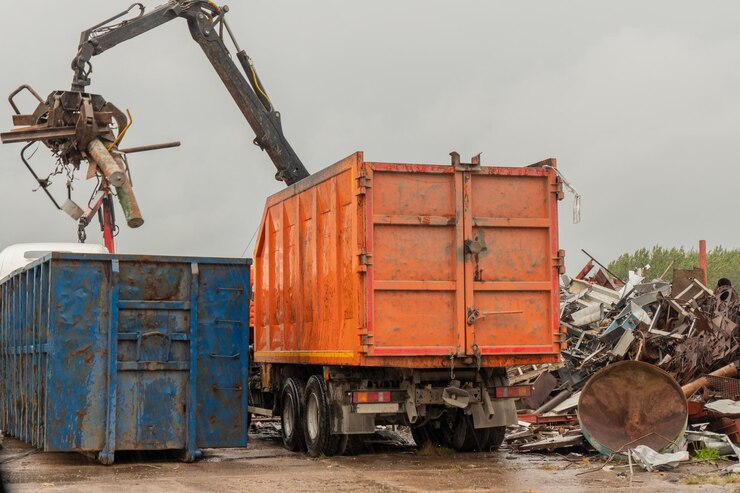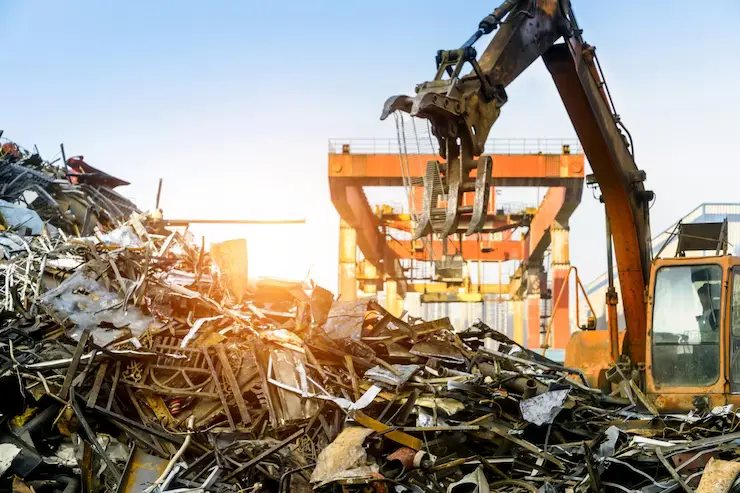The import and export of used and scrap materials play a significant role in the global recycling industry. These materials, which can range from metals and plastics to electronics and paper, are often processed and repurposed, contributing to environmental sustainability and resource conservation.

Metals: Used and scrap metals are among the most commonly traded materials. This category includes ferrous metals (e.g., steel, iron) and non-ferrous metals (e.g., aluminum, copper), which are often recycled into new products.
Plastics: Recycled plastic materials, including PET, HDPE, and PVC, are in high demand for manufacturing a wide range of products, from packaging to construction materials.
Electronics: Electronic waste (e-waste) comprises discarded or outdated electronic devices and components, such as computers, smartphones, and circuit boards.
Paper and Cardboard: Waste paper and cardboard are collected for recycling into new paper products, reducing the demand for virgin pulp and minimizing deforestation.
Resource Conservation: Recycling used and scrap materials conserves valuable resources and reduces the need for new raw materials, making it an environmentally responsible practice.
Energy Efficiency: Recycling typically consumes less energy compared to processing raw materials, making it an energy-efficient approach to manufacturing.
Global Demand: Materials may be exported to countries where there is a high demand for recyclable materials, either for domestic use or for further processing and export.
Economic Value: Recycling and trading in used materials contribute to local and global economies, generating income and employment opportunities.
Environmental Benefits: Reducing landfill waste and minimizing the environmental impact of manufacturing are key environmental benefits of the import and export of used and scrap materials.

The import and export of used and scrap materials are integral to the circular economy, reducing waste and environmental impact while conserving resources. It’s a global effort that requires collaboration between governments, industries, and consumers to ensure responsible recycling practices and sustainable resource management.Materials may be exported to countries where there is a high demand for recyclable materials, either for domestic use or for further processing and export.Recycling and trading in used materials contribute to local and global economies, generating income and employment opportunities.Reducing landfill waste and minimizing the environmental impact of manufacturing are key environmental benefits of the import and export of used and scrap materials. Adhering to international and national regulations is essential to manage the trade of recyclable materials responsibly.Transportation and logistics associated with the import and export of materials can contribute to greenhouse gas emissions.